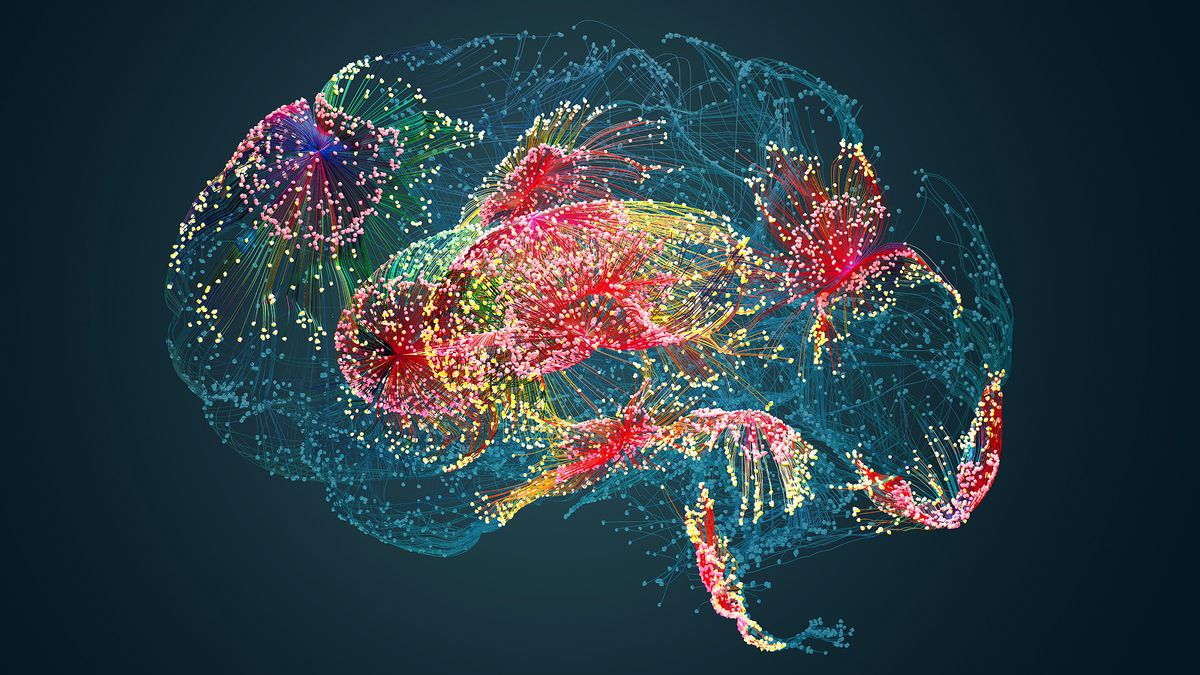Study Reveals People Perceive AI as More Compassionate Than Mental Health Professionals: Implications for the Future of Counseling

AI in Mental Health: The Compassionate Machine
Understanding AI’s Role in Mental Health Care
Recent research indicates that many people perceive responses from artificial intelligence (AI) to be more compassionate and understanding compared to those from human mental health professionals. This intriguing finding suggests that AI might excel in areas where empathy and shared experiences were traditionally thought to be exclusively human strengths.
Study Overview
A study published on January 10 in the journal Communications Psychology analyzed how 550 participants rated the empathetic responses provided by AI in comparison to those from trained crisis responders. Participants shared personal experiences and subsequently evaluated the responses based on compassion, responsiveness, and their overall preferences for the answers.
Key Findings:
- AI-generated responses were rated approximately 16% more compassionate than those from human professionals.
- Participants preferred AI responses 68% of the time, even when informed about the AI’s non-human nature.
- These findings reflect a potential for AI to fulfill roles in supportive communication, particularly in contexts where empathetic interaction is essential.
Insights from the Research
The lead author of the study, Dariya Ovsyannikova from the University of Toronto’s psychology department, attributed the AI’s higher ratings to its ability to stay objective and attentive to detail. This objectivity allows AI to deliver responses that seem empathetic, even without actual emotional understanding. Conversely, human responders often face challenges due to burnout, which may diminish their ability to provide consistently compassionate responses.
Expert Opinions
To gain further insight, Live Science consulted Eleanor Watson, an AI ethics engineer and faculty member at Singularity University. She described the study’s findings as "fascinating" but not unexpected. According to her, AI’s capacity to provide supportive responses resembles a form of empathy that humans find difficult to maintain under the pressures of their work.
Watson pointed out that AI could process vast amounts of data, which may lead to therapeutic insights beyond the scope of human practitioners. This capability can grant patients access to unique perspectives that their therapists may not be equipped to offer.
The Need for Accessible Mental Health Care
A Global Crisis
Mental health care around the globe is in a crisis, with a 2022 report from the World Health Organization revealing that over two-thirds of those with mental health issues do not receive necessary care. In low and middle-income countries, this statistic reaches as high as 85%. The crisis highlights the urgent need for accessible mental health support.
AI as a Resource
Watson suggests that AI could help bridge this gap in mental health care. For many, interacting with AI feels less intimidating, especially when discussing sensitive topics, as there’s often less fear of being judged or gossiping. The availability of AI systems also makes them more accessible compared to the limited time and high costs associated with human therapists.
Advantages and Risks of AI in Mental Health
Despite the promising implications of using AI for mental health support, there are notable concerns. Watson warns of the "supernormal stimulus" effect, where individuals may engage more deeply with an exaggerated response from an AI. This allure of AI could lead individuals to become overly reliant on machine interactions, overshadowing the nuanced understanding that human beings can provide.
Privacy Concerns
Additionally, the use of AI in handling sensitive mental health data raises significant privacy concerns. Watson emphasizes the importance of stringent governance and ethical considerations in AI development and operation to protect individuals from potential exploitation or breaches of trust.
By balancing accessibility with ethical considerations, AI can offer a complementary approach to traditional mental health care, but it is crucial to navigate these challenges carefully.




